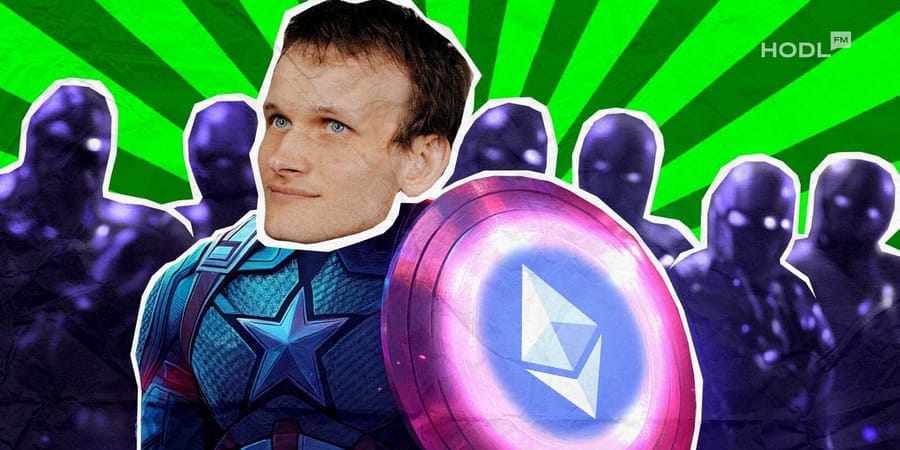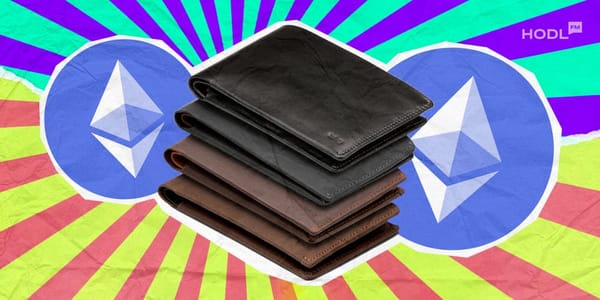Ethereum’s very own brainiac co-founder, Vitalik Buterin, is back at it with a sidekick! This time, he's teamed up with Ethereum Foundation researcher Toni Wahrstätter to pitch a proposal that screams:
“By implementing this limit, Ethereum can enhance its resilience against certain DoS [Denial of Service attack] vectors, improve network stability, and provide more predictability to transaction processing costs.”
Enter EIP 7983, a spicy upgrade to a previously sluggish idea (we see you, EIP 7825), which aims to cap the gas limit for a single transaction at 16.77 million. That’s almost half of what was initially proposed (30 million gas) and, let’s be honest, this new number feels way more reasonable.
So what’s the big deal about capping gas?
Well, if you’ve ever wondered how to stop a network from being flooded by a single overcooked transaction, this proposal is your answer. Under EIP 7983, any transaction trying to guzzle more than 16.77 million gas will be swiftly invalidated. Gone. Yeeted out of the mempool.
Blocks that dare to carry such rebellious transactions? Also invalid. Harsh, but fair.
Vitalik and Toni make it crystal clear: this move isn’t about stifling creativity or killing complex DeFi gymnastics. In their words, this limit “balances allowing complex transactions while maintaining predictable execution bounds.” Translation: You can still do cool stuff, just not ridiculously gas-hungry stuff.
Let’s talk reality. Most Ethereum transactions today are well below that 16.77 million gas ceiling. So for 99% of users, this change will be a non-event. For the remaining 1%, it’s time to break those mega-transactions into smaller, digestible bites. Call it blockchain portion control.
Why Even Bother with a Limit?
Currently, a single transaction can hypothetically hog the entire block gas limit. Sounds convenient, until a bad actor uses that to spam the network with junk. Boom: denial of service (DoS) attack. Not cute.
Even without malicious intent, one gas-chugging transaction can delay block verification and tank the user experience. That’s not great for a network trying to become the global settlement layer.
But Wait, There’s More…
Besides fending off spammy troublemakers and keeping blocks zippy, this cap also plays very nicely with zero-knowledge virtual machines (zkVMs). Smaller transactions are easier to prove and verify in zk systems. So, yes, it’s not just about security. It’s about being future-ready too.
In short, EIP 7983 is like Ethereum’s version of portion control for transactions: eat what you want, just don’t ruin dinner for everyone else.
And hey, if this thing goes live, it’ll bring Ethereum one step closer to being that lean, clean, smart-contract machine Vitalik’s always dreamt of.

Disclaimer: All materials on this site are for informational purposes only. None of the material should be interpreted as investment advice. Please note that despite the nature of much of the material created and hosted on this website, HODL FM is not a financial reference resource, and the opinions of authors and other contributors are their own and should not be taken as financial advice. If you require advice. HODL FM strongly recommends contacting a qualified industry professional.





